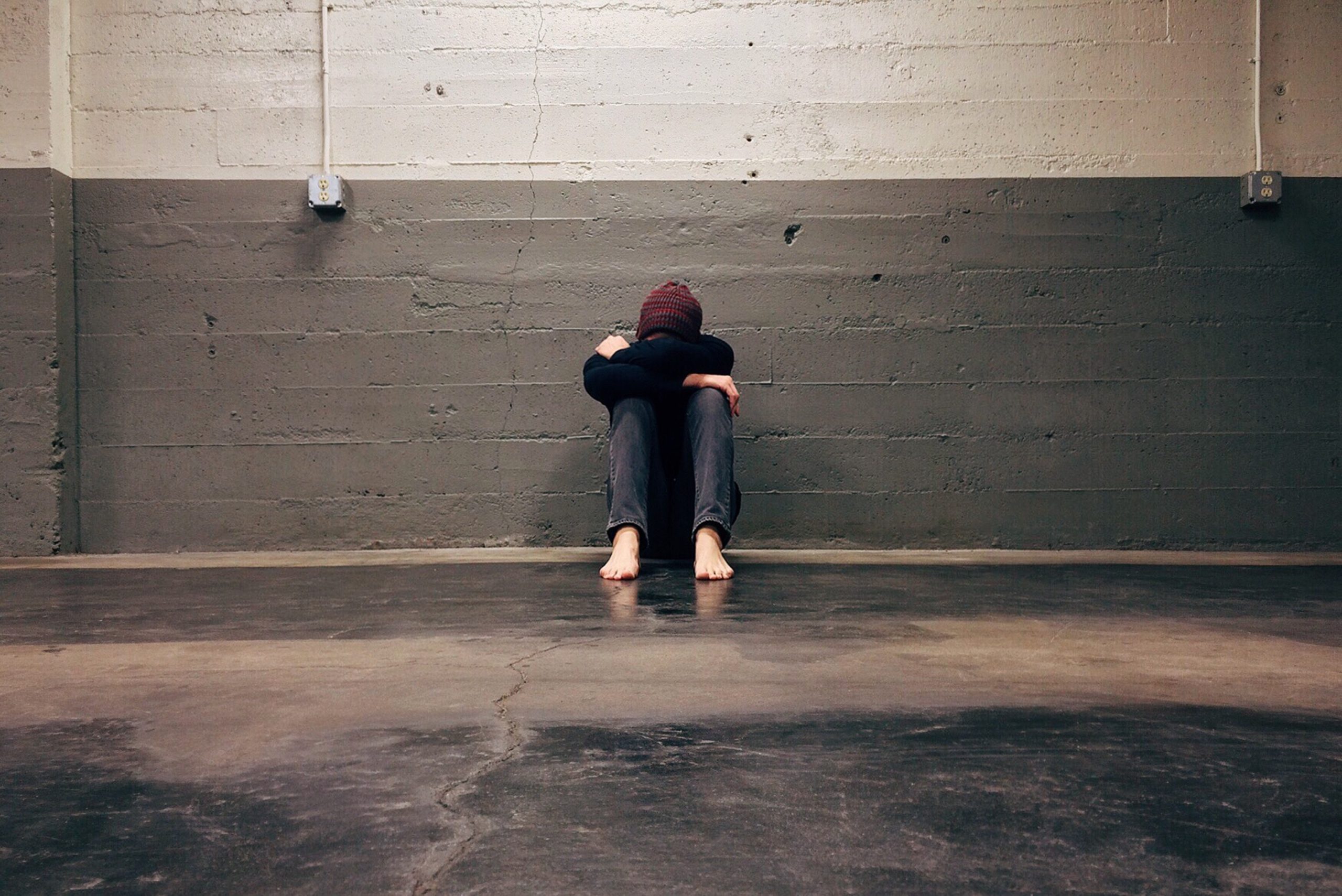Depression Treatments For Kidney Disease Patients. Depression is a common complication in patients with chronic kidney disease (CKD), as the physical, emotional, and social burden of the disease can take a toll on a person's mental health. Treating depression in patients with CKD is important, as it can improve their quality of life and may also slow down the progression of the disease.
What Are The Negative Effects of Having Depression While Having Chronic Kidney Disease?
Having depression while living with chronic kidney disease (CKD) can have several negative effects on a person's physical and mental well-being. Some of the potential negative effects of having depression while living with CKD include:
Depression Treatments For Kidney Disease Patients
Some of the treatment options for depression in patients with CKD include:
What Are The Negative Effects of Having Depression While Having Chronic Kidney Disease?
Having depression while living with chronic kidney disease (CKD) can have several negative effects on a person's physical and mental well-being. Some of the potential negative effects of having depression while living with CKD include:
- Poor adherence to treatment: Depression can make it difficult for a person to comply with their treatment plan, which can lead to poor outcomes and a faster progression of the disease.
- Worsening of physical symptoms: Depression can exacerbate the physical symptoms of CKD, such as fatigue, pain, and insomnia.
- Reduced quality of life: Depression can have a significant impact on a person's ability to enjoy life and can lead to feelings of hopelessness, helplessness, and loss of interest in activities.
- Increased healthcare utilization: People with depression and CKD may have more frequent hospitalizations, visits to the emergency department and use more medications than those without depression.
- Increased mortality: Studies have shown that depression is associated with an increased risk of death in people with CKD.
- Worsening of cardiovascular health: Depression has been linked to cardiovascular events such as heart attack, stroke and hypertension which are common complication of CKD.
Depression Treatments For Kidney Disease Patients
Some of the treatment options for depression in patients with CKD include:
- Medications: Antidepressant medications, such as selective serotonin reuptake inhibitors (SSRIs), tricyclic antidepressants, and serotonin-norepinephrine reuptake inhibitors (SNRIs) can be used to treat depression in patients with CKD.
- Therapy: Cognitive behavioral therapy (CBT) and other forms of talk therapy can help to address negative thoughts and behaviors that contribute to depression, and also help to cope with the physical and emotional burden of the disease.
- Exercise: Regular physical activity can help to improve mood and reduce symptoms of depression.
- Support groups: Joining a support group of people with similar experiences can provide emotional support and help to reduce feelings of isolation and loneliness.
- Lifestyle changes: Adopting healthy lifestyle habits, such as eating a balanced diet, getting enough sleep, and avoiding alcohol and smoking can also help to improve mood and reduce symptoms of depression.
Are you tired of living under the shadow of kidney disease? Are you yearning for a life free from the shackles of dialysis, kidney failure, and the looming threat of kidney transplants? If so, you're in the right place at the right time. Imagine waking up every morning with boundless energy, feeling rejuvenated and ready to take on the day. Envision a life where your kidneys are functioning optimally, and you no longer dread the burdensome routines of dialysis sessions. The Kidney Disease Solution Program is here to turn that vision into reality for you.


